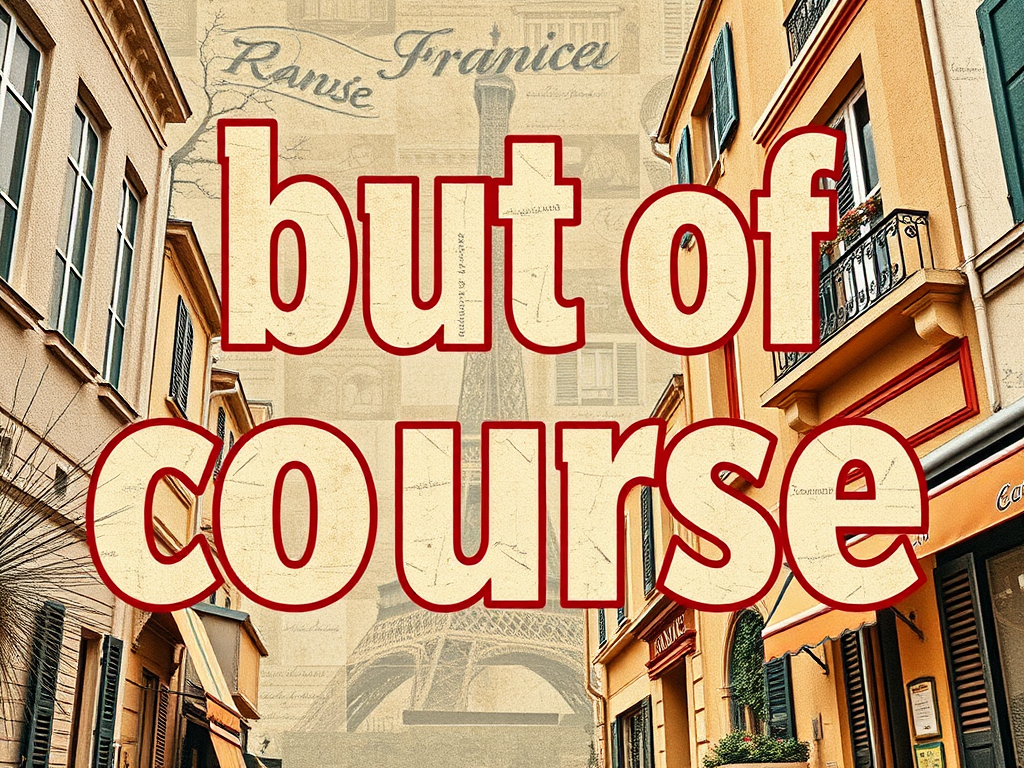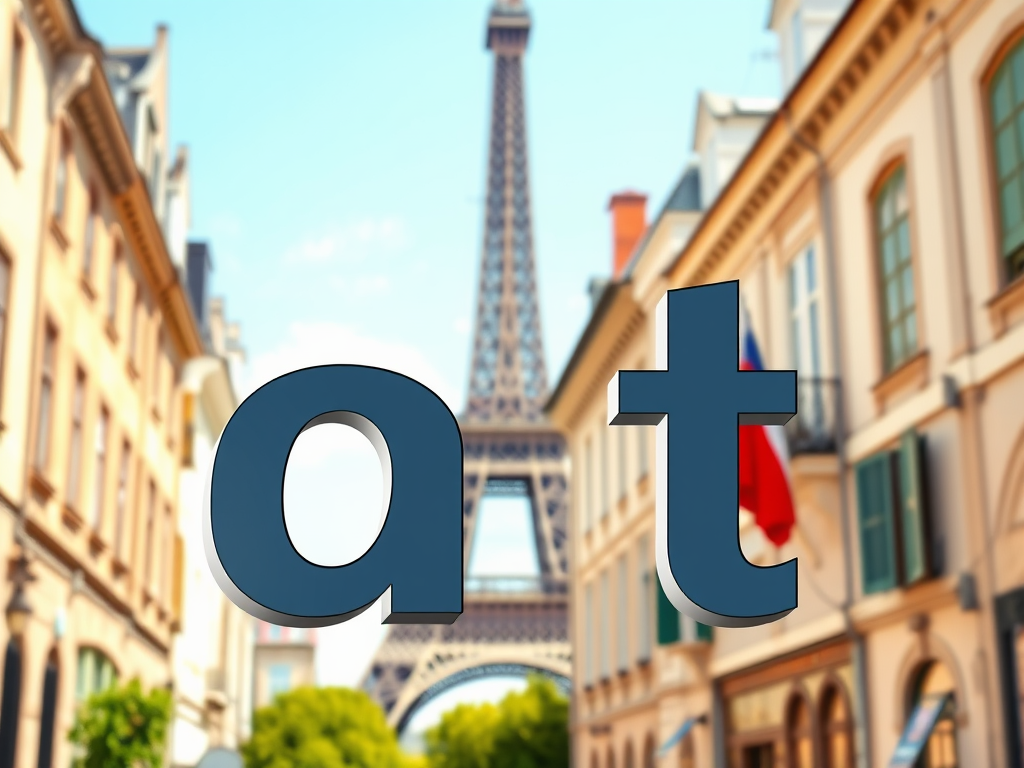I am good in French

In French, there are several ways to say "I am good," depending on the context and level of formality. The most common translation is Je vais bien, which literally means "I'm going well." However, French speakers use this phrase to convey that they are doing well or feeling good.
Formal and Informal Expressions
Formal Situations
In formal settings or when speaking to someone you don't know well, you can use:
- Je vais bien, merci. (I'm doing well, thank you.)
- Je me porte bien. (I'm doing well.)
Informal Situations
With friends, family, or in casual settings, you might use:
- Ça va bien. (It's going well.)
- Je vais bien. (I'm doing well.)
- Tout va bien. (Everything is good.)
Context and Examples
The French language often requires context to convey the exact meaning of "I am good." Here are some examples:
If someone asks "Comment allez-vous?" (How are you?), you can respond: Je vais bien, merci. Et vous? (I'm doing well, thank you. And you?)
In a more casual setting, if someone asks "Ça va?" (How's it going?), you might say: Oui, ça va bien! (Yes, it's going well!) 👍
To express that you're good at something, use Je suis bon(ne) en...: Je suis bon en mathématiques. (I am good at mathematics.)
Here's a helpful table with common expressions:
| English | French | Pronunciation (IPA) |
|---|---|---|
| I am good | Je vais bien | /ʒə vɛ bjɛ̃/ |
| I'm doing well | Je me porte bien | /ʒə mə pɔʁt bjɛ̃/ |
| It's going well | Ça va bien | /sa va bjɛ̃/ |
| Everything is good | Tout va bien | /tu va bjɛ̃/ |
Remember, French communication often involves a back-and-forth exchange. After saying you're good, it's polite to ask how the other person is doing: Et vous? (And you?) in formal situations or Et toi? (And you?) in informal ones.
By mastering these phrases, you'll be well-equipped to express your well-being in various French-speaking situations. Bonne chance! 🇫🇷






